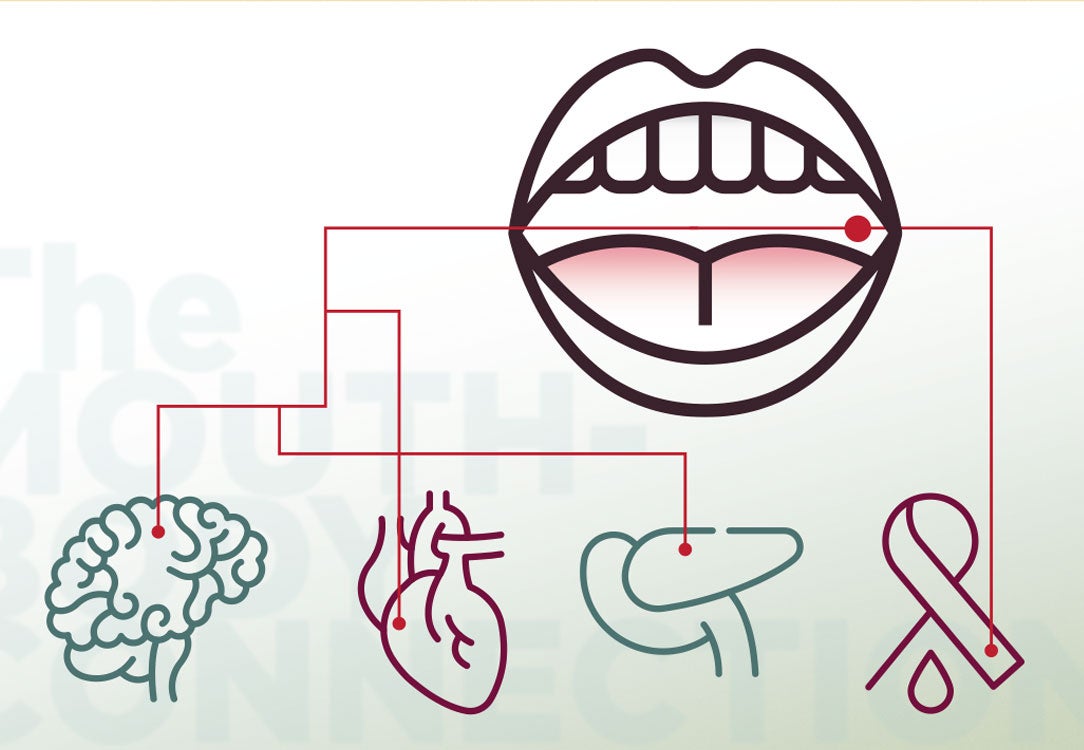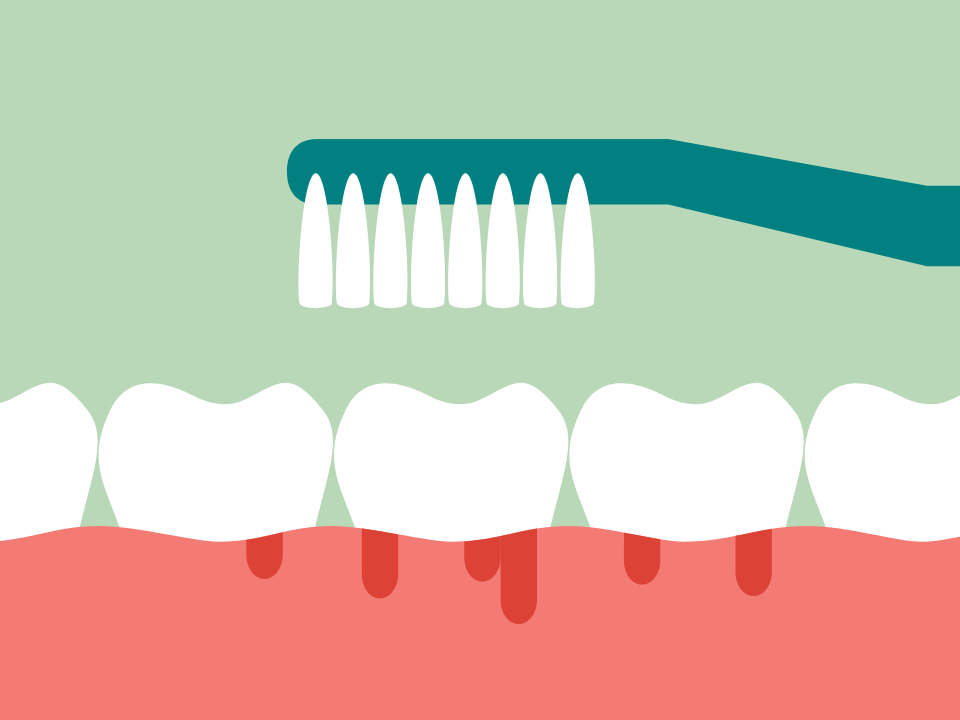Gum disease, or periodontitis, is a bacterial infection that attacks the tooth-supporting tissues. Poor oral hygiene allows plaque to accumulate and harden, leading to swollen, red, and bleeding gums, are amongst the most common gum disease symptoms
What is Periodontal (Gum) Disease and What Causes It?

How to Treat Periodontal (Gum) Disease
Periodontitis treatment involves procedures aimed at addressing gum disease and preventing further damage to the gums and supporting structures.

How can we help?
Book an Appointment Today
Transform your smile and improve your oral health at a Smile Generation-trusted office.
Related Posts
Periodontal disease, or gum disease, can be a serious condition with many ramifications for your oral health. However, it could also be harmful to your overall health.
Gum disease is an integral
Studies show that gum disease and or periodontal disease can directly contribute to diabetes and same with reducing the risk of getting diabetes.
We typically don’t associate the smile we see in the mirror with the rest of the body. We should. We call this the Mouth-Body Connection®. The Mouth-Body Connection at its core is the message th

















